Xi Jinping personally selects comrades to ‘struggle’ with West
The Chinese leader’s micromanagement of picking the Communist Party’s top officials reveals his obsession with loyalty and gloomy world view.
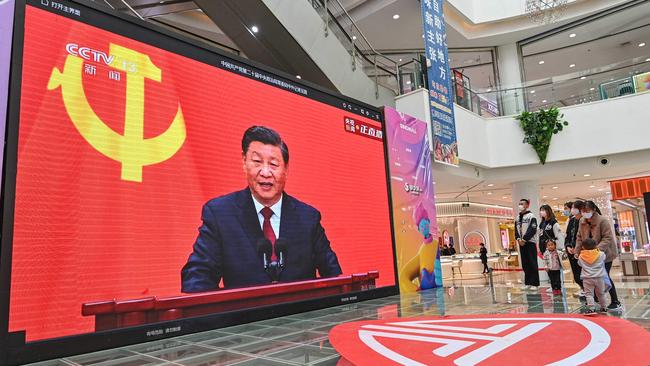
Xi Jinping spent two years personally overseeing the selection of his new Communist Party leadership team, choosing comrades who would “unswervingly execute” his orders and had the “courage and ability” to “struggle” with the US and its allies.
A series of revealing articles by China’s official newsagency Xinhua – one of which was published on the homepage of China’s central government – outlined the Chinese leader’s total control of the selection process, which involved dozens of inspection teams screening comrades for absolute loyalty.
“Party secretary Xi Jinping personally took charge of the planning and personally took charge of the gatekeeping,” Xinhua reported in the piece written in a behind-the-scenes style.
The inspection teams vetted candidates to see if they were “highly aligned with the core leadership of comrade Xi Jinping in terms of their thoughts, political stance and actions” and “whether they will unswervingly execute the policies and plans of the party central leadership”.
Mr Xi’s criteria for his top 300-odd party officials reveals his expectation that tensions between China, the US and its allies will worsen during his second decade in power.
“Some inspection teams … would focus on whether the candidates have the courage and ability to ‘struggle’ against Western sanctions and safeguard national security,” Xinhua said in another lengthy piece outlining the selection process.
The reports were published as international markets sold off shares in Chinese companies and while speculation continued about the forced removal of Mr Xi’s predecessor, Hu Jintao, 79, from the party conclave over the weekend.
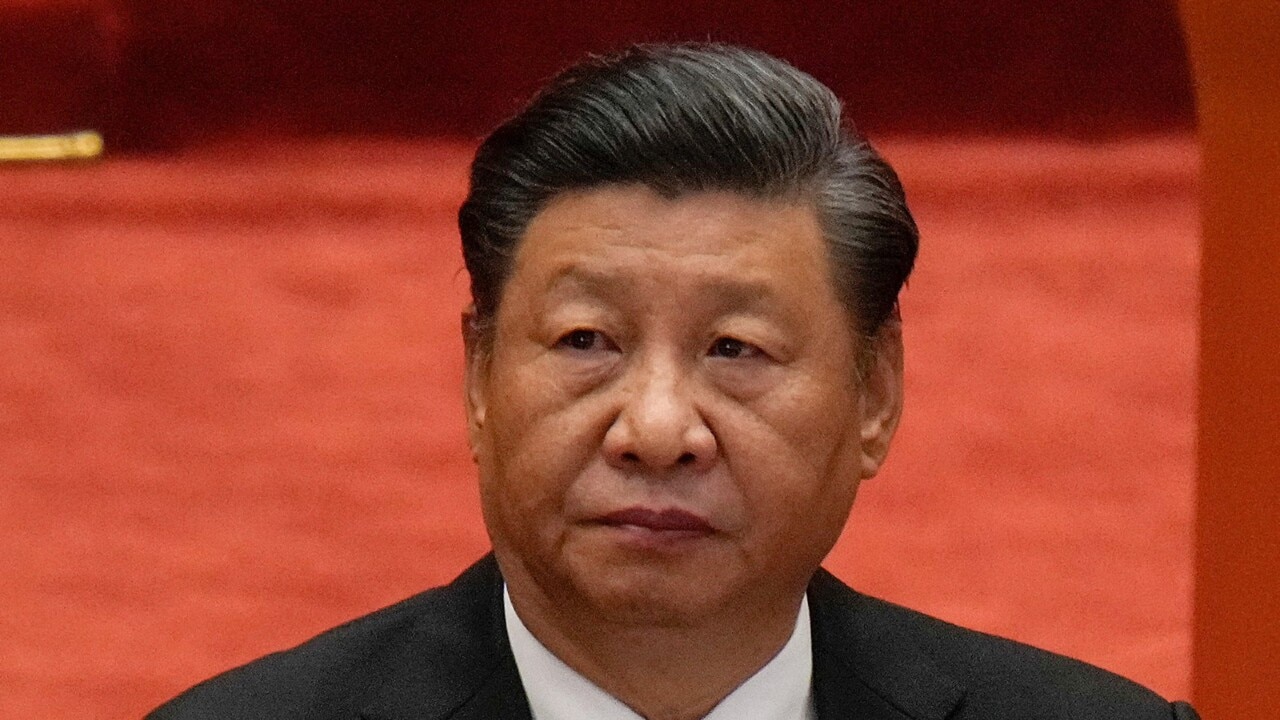
It comes as leaders in Europe argued over how to deal with China’s strongman ruler as German Chancellor Olaf Scholz confirmed he would go ahead with a trip to Beijing in the coming weeks.
The German leader defended his visit – the first by a European leader in more than three years – which was criticised by smaller EU countries concerned China will try to splinter Europe.
“We are liberal democracies, and have no illusions about who we are dealing with,” Mr Scholz said, after confirming the visit.
Debate is raging in capitals around the world about how to engage with Mr Xi, who has emerged from the party congress in Beijing with no end in sight to his reign and no checks to his power.
Asked about the German leader’s trip, Estonian Prime Minister Kaja Kallas said European co-ordination was crucial.
“It’s in their interests to divide us, it should be in our interests to stay united,” she said.
Beijing’s bombastic party state masthead Global Times denounced the “ideological snipers” who had criticised the German Chancellor’s trip.
Those hoping Mr Xi might use the twice-a-decade party congress – the most important political meeting in the Chinese political calendar – to signal a moderation of approach now have to confront the reality that China’s leader has only hardened his position.
China’s new leadership team is made up of cadres whose careers have been sponsored by Mr Xi.
“He wants his orders to be obeyed without hesitation,” said Victor Shih, an expert on elite Chinese politics at UC San Diego.
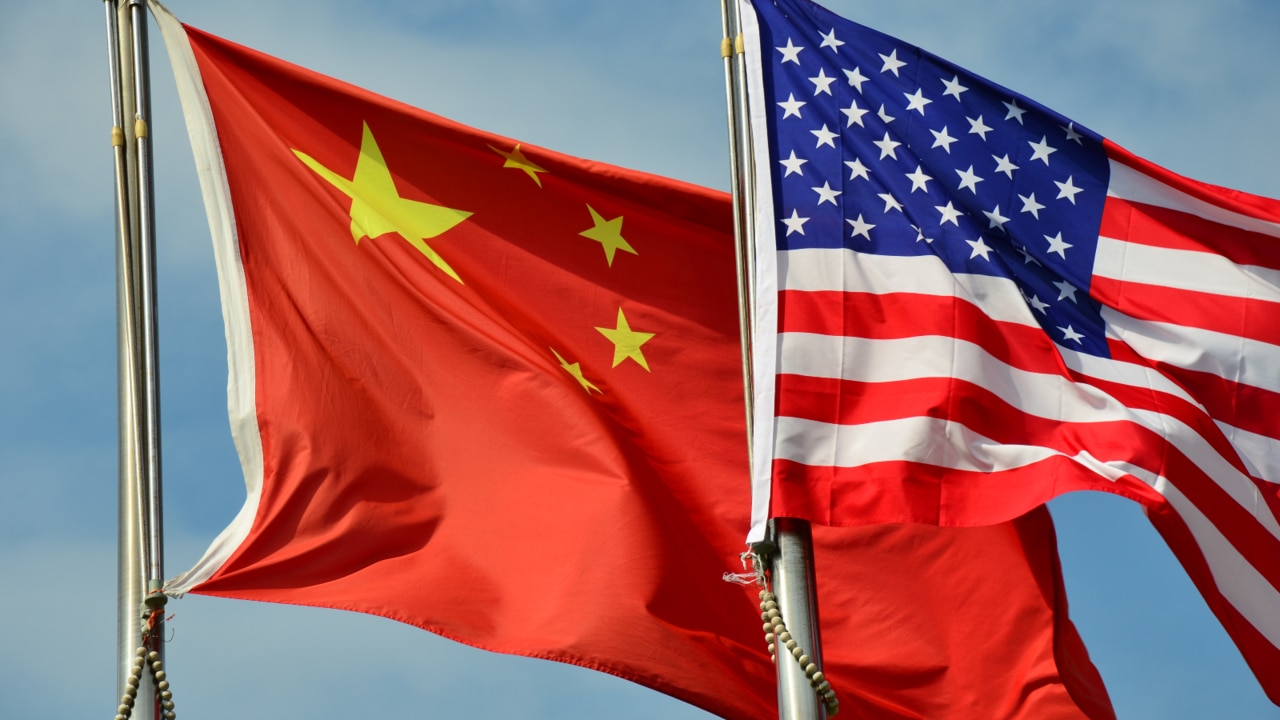
There was a sharp sell-off in international markets on Monday as investors sold shares in Chinese companies after Mr Xi signalled that national security was his top priority.
Hong Kong’s Hang Seng Tech index fell 9.7 per cent, the second largest one-day drop in its history.
Nasdaq’s Golden Dragon index plunged by a record 14.4 per cent. The index – which tracks US-listed shares in Chinese companies, including Alibaba – has almost halved this year.
Taiwan’s Defence Minister Chiu Kuo-cheng said China’s reshuffled military leadership contained worrying signs for the island.
Beijing’s newly appointed Central Military Commission contains members deeply familiar with Taiwan, including the People’s Liberation Army’s former commander of the Eastern Theatre Command, General He Weidong, who oversaw the military response to US House Speaker Nancy Pelosi’s visit in August.
“It means the (PLA) will adopt a tougher strategy in dealing with Taiwan in the future,” Mr Chiu said.
As well as leading the Communist Party, Mr Xi has the senior leadership position of the Chinese military. He met with the PLA’s senior figures on Monday, instructing them to continue with China’s unprecedented military modernisation, one of his top priorities.


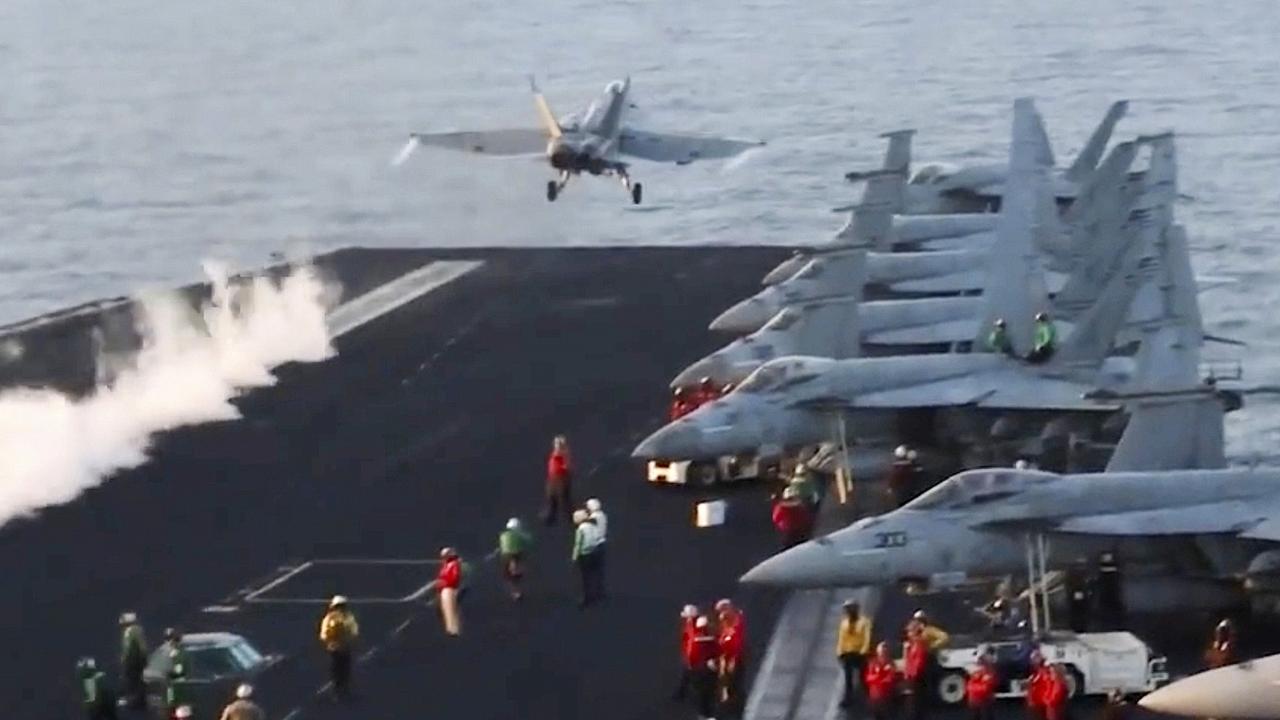
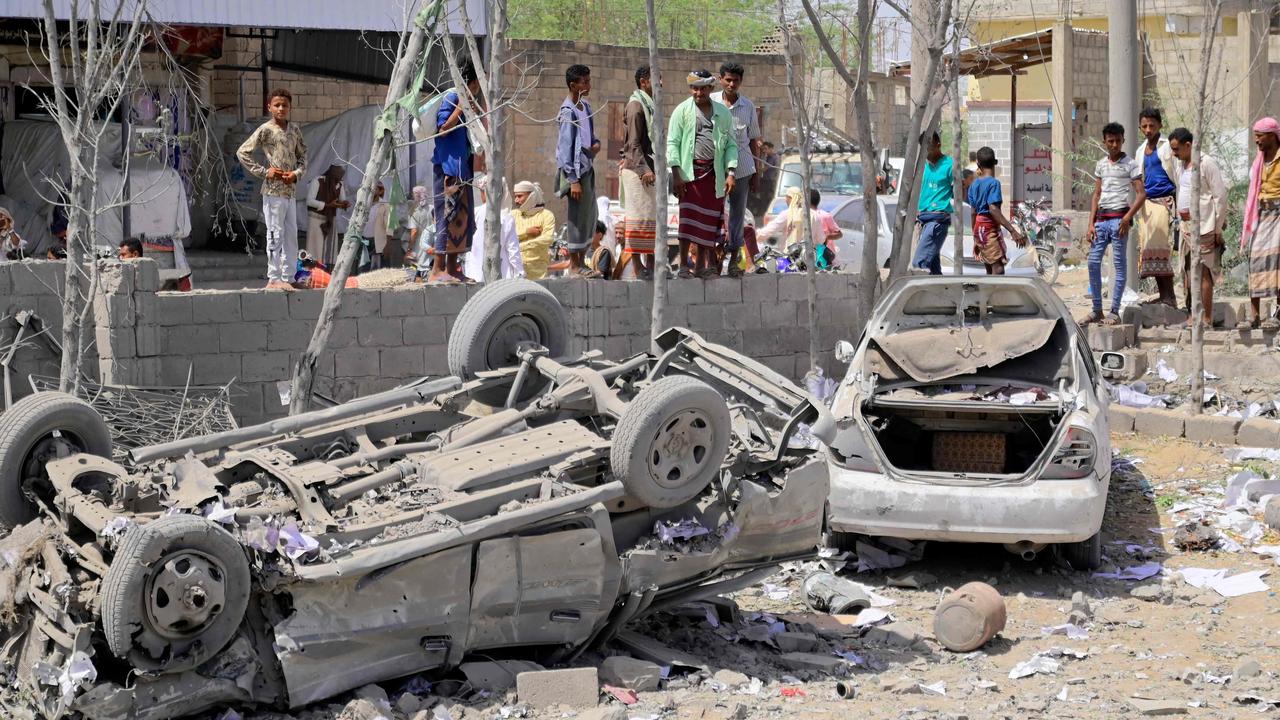
To join the conversation, please log in. Don't have an account? Register
Join the conversation, you are commenting as Logout